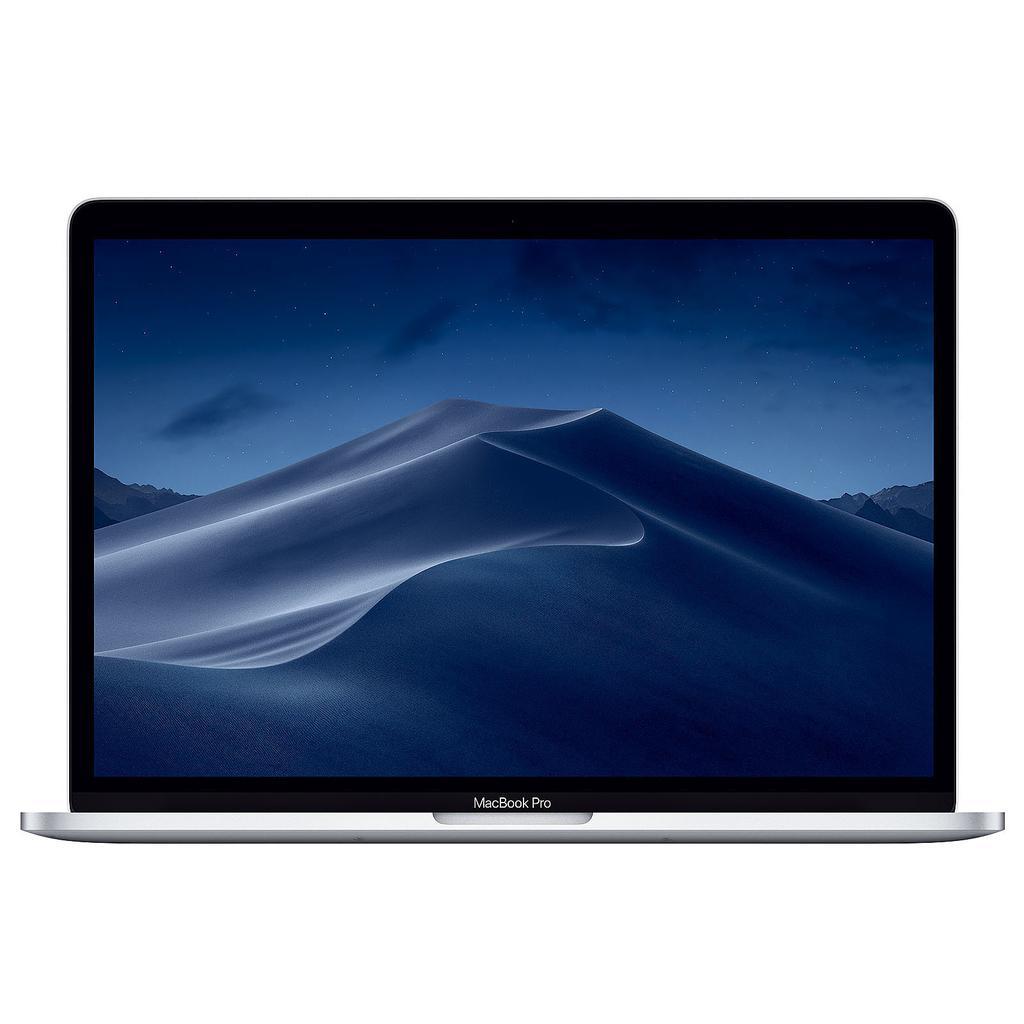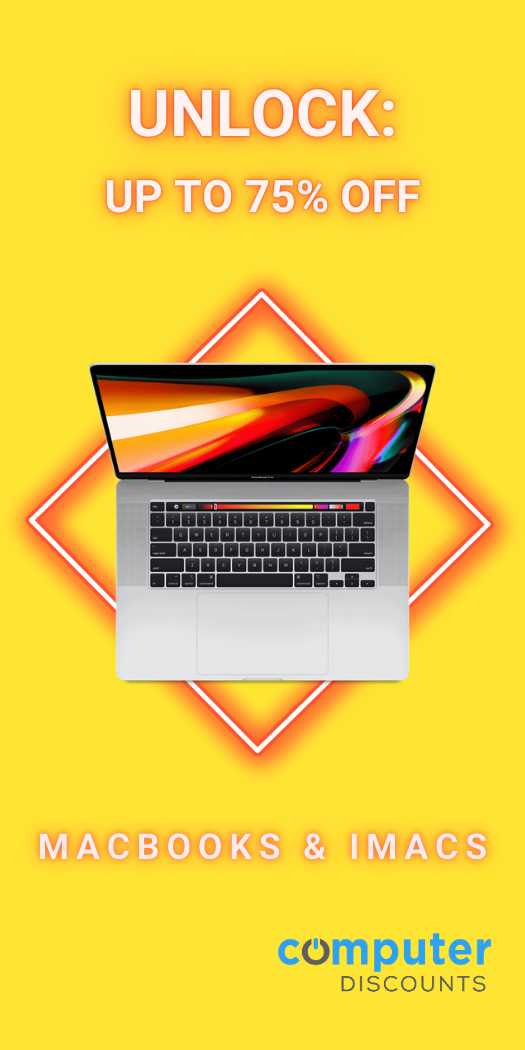Chromebooks are increasingly becoming a popular choice for those looking to purchase a new laptop computer. As their popularity increases, it is important to understand the difference between Chromebooks and other computers, particularly Windows PCs. In this article we explore the question “Is Chromebook Windows?” in order to better understand the differences between these two types of machines.
What is a Chromebook?
A Chromebook is a great affordable alternative to other laptops on the market. With prices starting at $300, these Google-manufactured devices offer users a fast and reliable user experience. Thanks to the Chrome OS, users can enjoy an operating system very similar to what is found when accessing services through the popular Google Chrome web browser. And since Chrome OS boasts such speed and stability, the average user will be able to stream media, send emails, or even do some light computing with ease.
However, Chromebooks are limited in their storage capabilities as they favour cloud-based storage solutions over downloadable files stored directly on your device’s hard drive. This also limits applications that can be used as many popular tools like Microsoft Office or Adobe Photoshop require software that needs to be installed locally for them to work properly. Nevertheless, for basic online activities like web browsing and creating documents, these lightweight machines are more than capable of completing the job.
Is Chromebook Windows
No, Chromebooks do not run Windows. Chromebooks and laptops with Windows have similar hardware specifications, but they run different operating systems. Chromebooks use Chrome OS while Windows laptops utilize Windows 10 or macOS. Chrome OS is designed around the Chrome web browser and is cloud-based, while Windows 10 and macOS are open-source and offer more freedom when it comes to customization options.
What is the function of a Chromebook?
A Chromebook is a laptop computer running the Chrome OS operating system. It has access to several applications and programs through the Google Play Store, making it easy to use and versatile for multiple purposes, such as video streaming, browsing the internet and playing games. Not only can you take advantage of apps already available in the store but there are also new ones added constantly.
Whether you need a Chromebook for professional or recreational tasks, you’ll have all sorts of choices at your disposal. The installed Google browser gives you access to pages around the world, including news sites and blogs, while you can install some of your favorite games from the Play Store; from Arkanoid to Solitaire. With so many different kinds of apps available it’s almost sure that whatever type of software you need for a certain task can be found online in relatively no time.
What is Chrome OS?
Chrome OS is a Linux-based operating system designed for use with Chromebooks, computers which are generally more affordable and come with the Google Chrome browser installed. It allows you to do most of the same things as you would be able to do on a Windows or Mac computer except that there is less software available directly through Chrome OS. However, recent versions of Chrome OS have added compatibility with Android apps and some also support Linux applications, allowing users access to millions of helpful tools and programs.
Chrome OS proves to be a very efficient system in terms of its memory usage and other features like security and speed. Startup time is incredibly fast compared to most other operating systems, so you can start working quickly even if your device has only been recently charged. As an added benefit, Chromebooks get regular updates automatically so they will always be running the latest version of the Chrome OS software. Whether you’re using it for personal use or business purposes, Chrome OS offers a great option for people who want an uncomplicated computing experience at an affordable price.
Advantages of Chromebooks
Chromebooks provide a unique combination of power and affordability. For students, they are the ideal device for completing school assignments, researching online, and attending virtual classes. Chromebooks don’t require strong hardware components to run efficiently, despite having access to thousands of applications. Plus, their lighter weight makes them easier for students to take with them on the go.
For professionals who use office suites or need a basic computer for their everyday use, Chromebooks are also suitable due to the powerful Chrome OS operating system. With Google Drive integration and various cloud-based services, people can work in the same programs they are used to working with while still accessing all their documents when they need them. Many models offer impressive battery life which is great for those who may find themselves away from an outlet during the day but still have plenty of work to do. Chromebooks also come in various shapes and sizes so you can choose one that best fits your lifestyle and needs.
Is it possible for Windows apps to function on Chromebooks?
Yes, you can run Windows apps on Chromebooks, but it’s a little more complicated than just downloading an app. Google recently introduced a new feature called Parallels Desktop for Chromebook Enterprise, which allows users to access legacy and full-featured applications like Microsoft Office. However, this feature is only available on specific enterprise models of Chromebooks, none of them cheap or widely accessible. In order to take advantage of Parallels Desktop for Chromebook Enterprise, one must purchase an HP Pro c640 Chromebook Enterprise or an HP Elite c1030 Chromebook Enterprise—both powered by Intel Core i5 and i7 processors; the upcoming HP Chromebox Enterprise G3 might also join that list eventually.
Whether the ability to access Windows apps on consumer Chromebooks will ever be extended beyond its current sphere remains to be seen; it certainly would make life easier for those who find themselves in need of some specific software but don’t necessarily have access to fancy enterprise models. Regardless, if you do happen to own one of the two aforementioned enterprise models—or are planning on purchasing the upcoming Chromebox—you’re in luck: with Parallels Desktop for Chromebook Enterprise it has indeed become possible to run Windows apps right from your ChromeOS.
Chromebook or laptop? Differences?
The Chromebook is a laptop designed to be used with Google’s Chrome OS operating system. Unlike traditional laptops running Windows or macOS, the Chromebook does not come with large amounts of internal storage, instead relying on cloud computing to store applications and backup data for users. This makes the Chromebook ideal for people who rely heavily on web-based applications and don’t need much local storage.
From a hardware perspective, there isn’t much difference between laptops running other operating systems and Chromebooks. Many have the same features such as display sizes, ports, processors, and memory capacities. However, because of its light OS footprint, most Chromebooks are built with less storage than average laptops but compensate by having more RAM in most models. This means that even with limited space available from onboard storage solutions like hard drives or SSDs, there is good performance when opening apps and performing tasks without any lag.
Chromebook: Chrome OS
Chrome OS is Google’s cloud-based operating system which allows users to work online and access many services right within their web browser. Chrome OS runs on Chromebooks, laptops, and tablets which are built with streamlined hardware requirements and the latest components for a seamless experience. This makes it attractive for those who are always connected to the internet and rely heavily on web based applications rather than locally installed ones.
Chrome OS is simpler in design than both Windows and macOS. It is designed around the Chrome web browser, so most of your tasks can be accomplished from within it. You do have access to install some Android apps from the Google Play Store, but hardware-intensive tasks such as gaming or photo editing require an additional application downloaded from the store. Another benefit of Chrome OS is that because it does not need intense hardware specifications for optimized performance, you don’t necessarily need a high end laptop or device to enjoy a smooth experience. This lower cost benefit allows you access all the necessary productivity tools without overspending while also removing any need change often due to upgrades in other operating systems like Windows or macOS.
Windows or macOS
When it comes to choosing between a laptop or MacBook as well as Windows or macOS, there are many factors to consider. From performance to price, users need to make sure that their purchase meets their specific needs. Generally speaking, when it comes to speed and performance, Windows 10 and macOS systems run best on laptops and MacBooks equipped with higher specifications. Of course, the more powerful the laptop is in terms of specs and components, the faster it will be able to operate any system or program.
In comparison with Chrome OS, both Windows 10 and macOS offer more freedom when it comes to usage and customization options. Both operating systems are largely open-source giving users far greater control over how they use their device. Additionally, you’re not limited by preloaded applications since both systems support a diverse range of software packages which can be installed separately. This gives you plenty of flexibility regardless of what type of programs you choose to run on your device.




